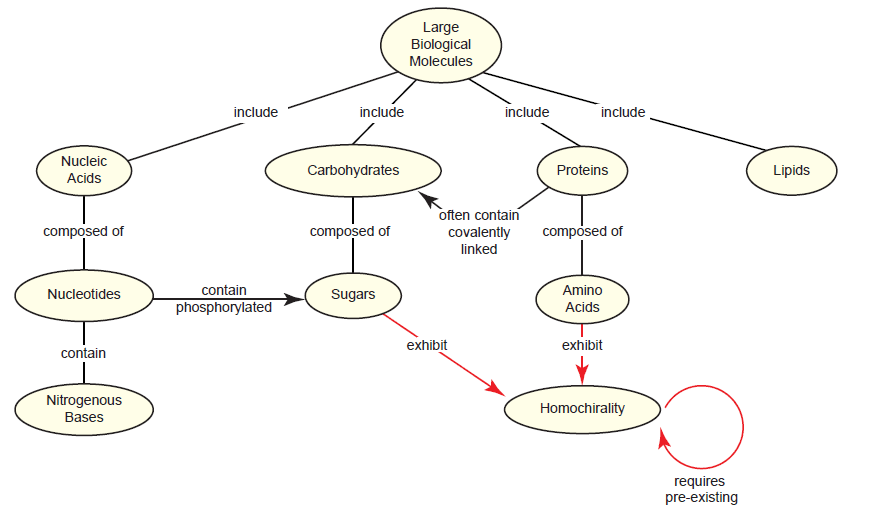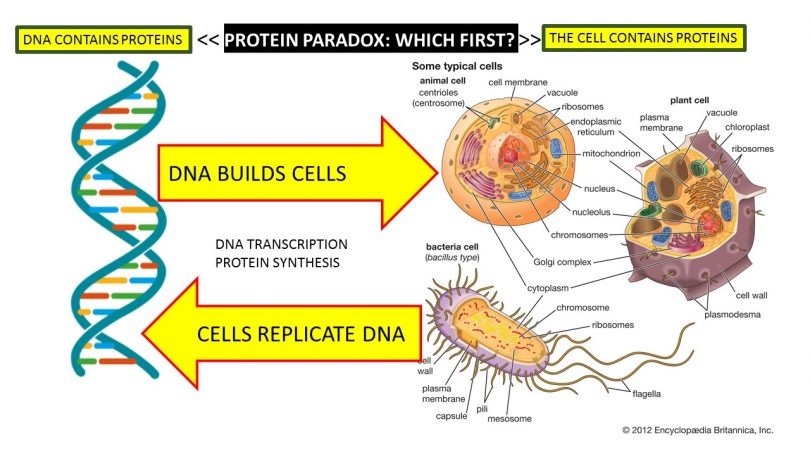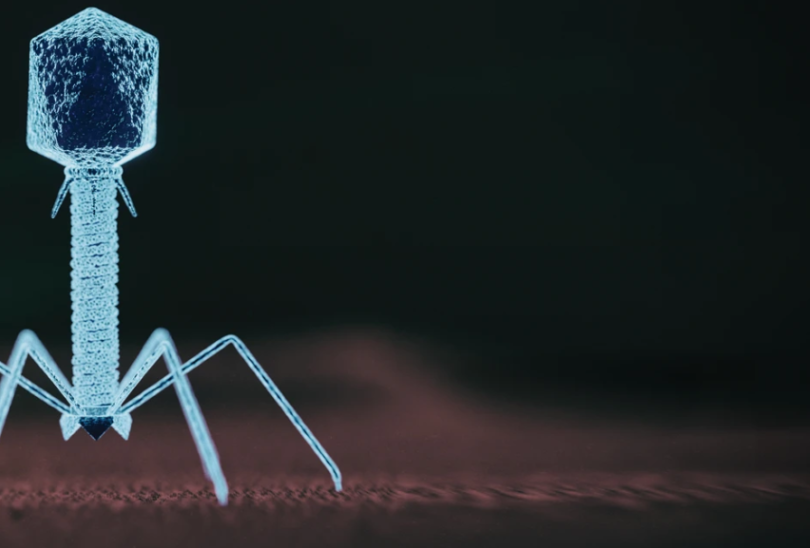A protein paradox.
That paradox finds that in order for life to have spontaneously emerged form chemicals, from all we know in science, there “must have been” a genetic molecule—something like DNA or RNA — capable of passing along blueprints for making proteins, the workhorse molecules of life. Because observed living cells cannot copy DNA and RNA without the help of proteins themselves– their very structures contain proteins in which they alone manufacture.
Protein Paradox saved by the RNA World Hypothesis? No.
Today, most origins researchers remain committed to the RNA world hypothesis, but it is safe to say that the honeymoon period has long been over. The idea is riddled with conceptual hurdles and defiance of known chemical laws, and though creationists have taken part in the debate, these hurdles have been largely pointed out by materialists themselves. The most significant issues fall into two general categories: the prebiotic synthesis of RNA and the self-replication of RNA.
As Leslie Orgel pointed out, “It may be claimed, without too much exaggeration, that the problem of the origin of life is the (same) problem of the origin of the RNA World” (Orgel 2004). Although the RNA world hypothesis serves as an attempted rebuttal to the classic DNA-protein paradox, considering how an RNA world may have originated is paradoxical in and of itself.
Beyond the DNA-Protein Paradox: A “Clutch” of Other Chicken-Egg Paradoxes in Cell and Molecular Biology, by Derrick M. Glasco on August 31, 2016

The RNA world hypothesis hinges on the assumption that with the right nucleotides present, RNA could spontaneously assemble and, eventually, a self-replicating ribozyme would emerge. A recent review on the supposed origin of the RNA world (Robertson and Joyce 2012) makes a candid admission:
The previous discussion has tried mightily to present the most optimistic view possible for the emergence of an RNA replicase ribozyme from a soup of random-sequence polynucleotides. It must be admitted, however, that this model does not appear to be very plausible. The discussion has focused on a straw man: The myth of a small RNA molecule that arises de novo and can replicate efficiently and with high fidelity under plausible prebiotic conditions. Not only is such a notion unrealistic in light of current understanding of prebiotic chemistry . . . , but it should strain the credulity of even an optimist’s view of RNA’s catalytic potential.
Beyond the DNA-Protein Paradox: A “Clutch” of Other Chicken-Egg Paradoxes in Cell and Molecular Biology, by Derrick M. Glasco on August 31, 2016



[…] Protein Paradox— proteins are only made within a living cell which is a paradox in attempting to form the “first cell”. Also proteins are part of each of the “ingredients” listed. All organelle consists of cells which require proteins. […]